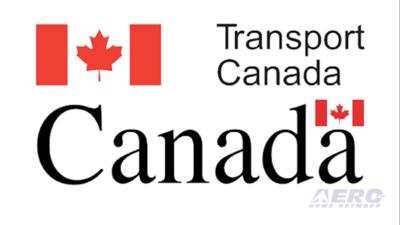Tue, Feb 21, 2017
Advertisement
More News
 ANN's Daily Aero-Term (04.26.24): DETRESFA (Distress Phrase)
ANN's Daily Aero-Term (04.26.24): DETRESFA (Distress Phrase)
DETRESFA (Distress Phrase) The code word used to designate an emergency phase wherein there is reasonable certainty that an aircraft and its occupants are threatened by grave and i>[...]
 ANN's Daily Aero-Linx (04.26.24)
ANN's Daily Aero-Linx (04.26.24)
Aero Linx: The International Association of Missionary Aviation (IAMA) The International Association of Missionary Aviation (IAMA) is comprised of Mission organizations, flight sch>[...]
 Airborne 04.22.24: Rotor X Worsens, Airport Fees 4 FNB?, USMC Drone Pilot
Airborne 04.22.24: Rotor X Worsens, Airport Fees 4 FNB?, USMC Drone Pilot
Also: EP Systems' Battery, Boeing SAF, Repeat TBM 960 Order, Japan Coast Guard H225 Buy Despite nearly 100 complaints totaling millions of dollars of potential fraud, combined with>[...]
 Airborne 04.24.24: INTEGRAL E, Elixir USA, M700 RVSM
Airborne 04.24.24: INTEGRAL E, Elixir USA, M700 RVSM
Also: Viasat-uAvionix, UL94 Fuel Investigation, AF Materiel Command, NTSB Safety Alert Norges Luftsportforbund chose Aura Aero's little 2-seater in electric trim for their next gli>[...]
 Airborne-NextGen 04.23.24: UAVOS UVH 170, magni650 Engine, World eVTOL Directory
Airborne-NextGen 04.23.24: UAVOS UVH 170, magni650 Engine, World eVTOL Directory
Also: Moya Delivery Drone, USMC Drone Pilot, Inversion RAY Reentry Vehicle, RapidFlight UAVOS has recently achieved a significant milestone in public safety and emergency services >[...]
blog comments powered by Disqus




